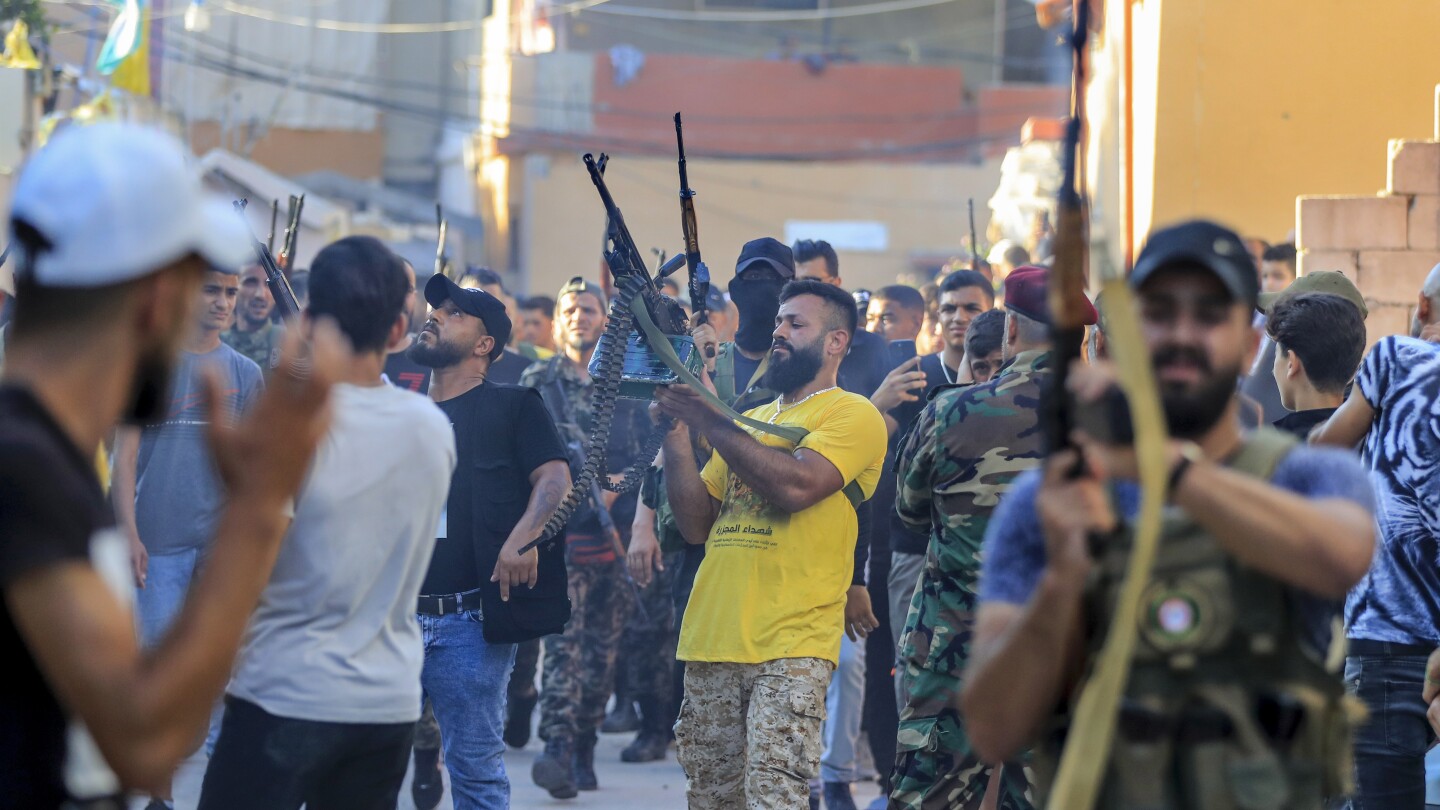BEIRUT (AP) — Heavy clashes resumed Wednesday in a Palestinian refugee camp in south Lebanon, ending a cease-fire there following a day of relative calm.
The clashes between Palestinian factions at the Ein el-Hilweh camp have pitted members of President Mahmoud Abbas’ Fatah party against Islamist groups accused of gunning down Palestinian military general Abu Ashraf al Armoushi on Sunday.
Dr. Riad Abu al-Einein, head of Al Hamshari Hospital, told The Associated Press the hospital received several wounded in the renewed clashes Wednesday night, but there were no immediate reports of deaths. In the previous days’ clashes, he said, 12 people were killed and the hospital had received 56 people wounded in the fighting.
A Palestinian official in the camp, who spoke on condition of anonymity because he was not authorized to speak to the press, said two people were killed and 15 wounded in a rocket attack by the Islamist group Jund al Sham on a Fatah position Wednesday night. Jund al Sham and another Islamist group, Shabab al Muslim, are the two groups that have been facing off against Fatah fighters, he said, adding that other Islamist factions, including Hamas, were not involved
The U.N. agency for Palestinian refugees, UNRWA, has reported that more than 2,000 people were forced to flee in search of safety since the beginning of the clashes.
The state-run National News Agency reported that Palestinian Ambassador to Lebanon Ashraf Dabbour met with the commander of the Lebanese army, Gen. Joseph Aoun, on Wednesday to discuss developments in the camps and attempts to secure a new cease-fire.
The violence began Saturday when an unknown gunman tried to kill Palestinian militant Mahmoud Khalil but instead fatally shot his companion. Full-blown clashes erupted Sunday when Islamic militants shot and killed Armoushi and three escorts as they were walking through a parking lot, according to a Palestinian official. The official spoke on condition of anonymity because he was not authorized to talk to the media.
___
Associated Press writer Kareem Chehayeb in Beirut contributed.

